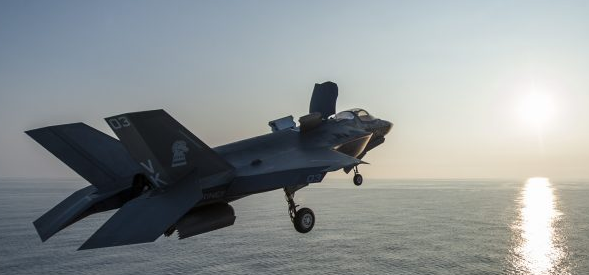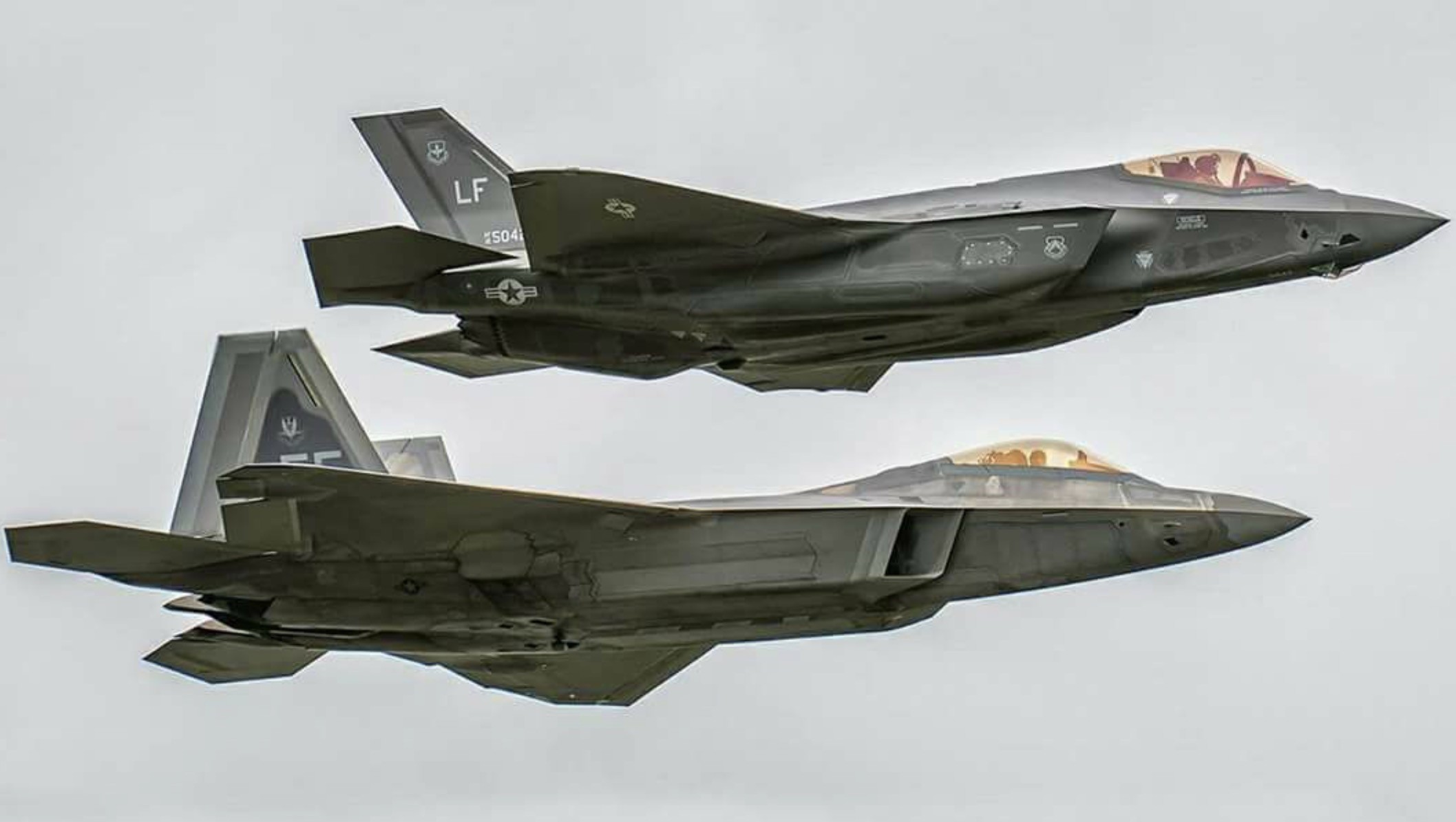Imagine, for a moment, a hypothetical country rapidly spiraling towards autocracy, illegally arresting American citizens, imprisoning journalists, and attacking American-supported forces. Now imagine that same country actively purchasing Russian surface-to-air missile systems and erecting missile defense sites around its territory. In such a hypothetical, it would be difficult to assume that the United States would ever support or even arm such a country. Unfortunately, this is not a hypothetical scenario. Not only is the U.S. treaty-bound to an alliance with such a country, it is actively engaged in efforts to sell fifth generation attack aircraft to it. The country in question, Turkey, and its drive toward acquiring a fleet of F-35s represents a serious threat to American national security and technological superiority. Fortunately, this threat has not been ignored by American policymakers, though more can be done to secure American aerial supremacy.
Two main factors combine to make the sale of F-35s to Turkey a credible threat to American national security. First, on the immediate and kinetic front, Ankara’s continued efforts to acquire and deploy Russian-made integrated surface-to-air missile systems could give Russian engineers and radar systems operators key insight into the radar cross section and signals signature of the F-35. Second, on a broader and more strategically oriented scale, further supporting Turkey’s military advancement could backfire should the country slip further toward authoritarianism.
The first of these issues has thus far garnered the most attention on the Hill, due largely to its immediacy and clear outcome. Put simply, should the Turkish Air Force operate the F-35 in the vicinity of Russian S-400 missile systems Turkey will receive in 2019, Russian engineers could gain valuable insight into the aircraft’s detectability and flight profile. This would greatly hinder American aerial superiority and could jeopardize some of the most critical capabilities of the new aircraft should conflict with Russia arise. Lawmakers were quick to recognize the signals intelligence threat posed by Turkey linking the Russian missile system to the fleet of F-35s it is scheduled to receive in 2020. Last fall, Congress put a halt on the sale of F-35s to Turkey pending a report from the Pentagon on the implications of Ankara’s acquisition of the 100 F-35s it originally planned on purchasing. That report was delivered in November and Congress has yet to formally announce its conclusions on whether or not the sale will go ahead as planned.
Read more HERE


































